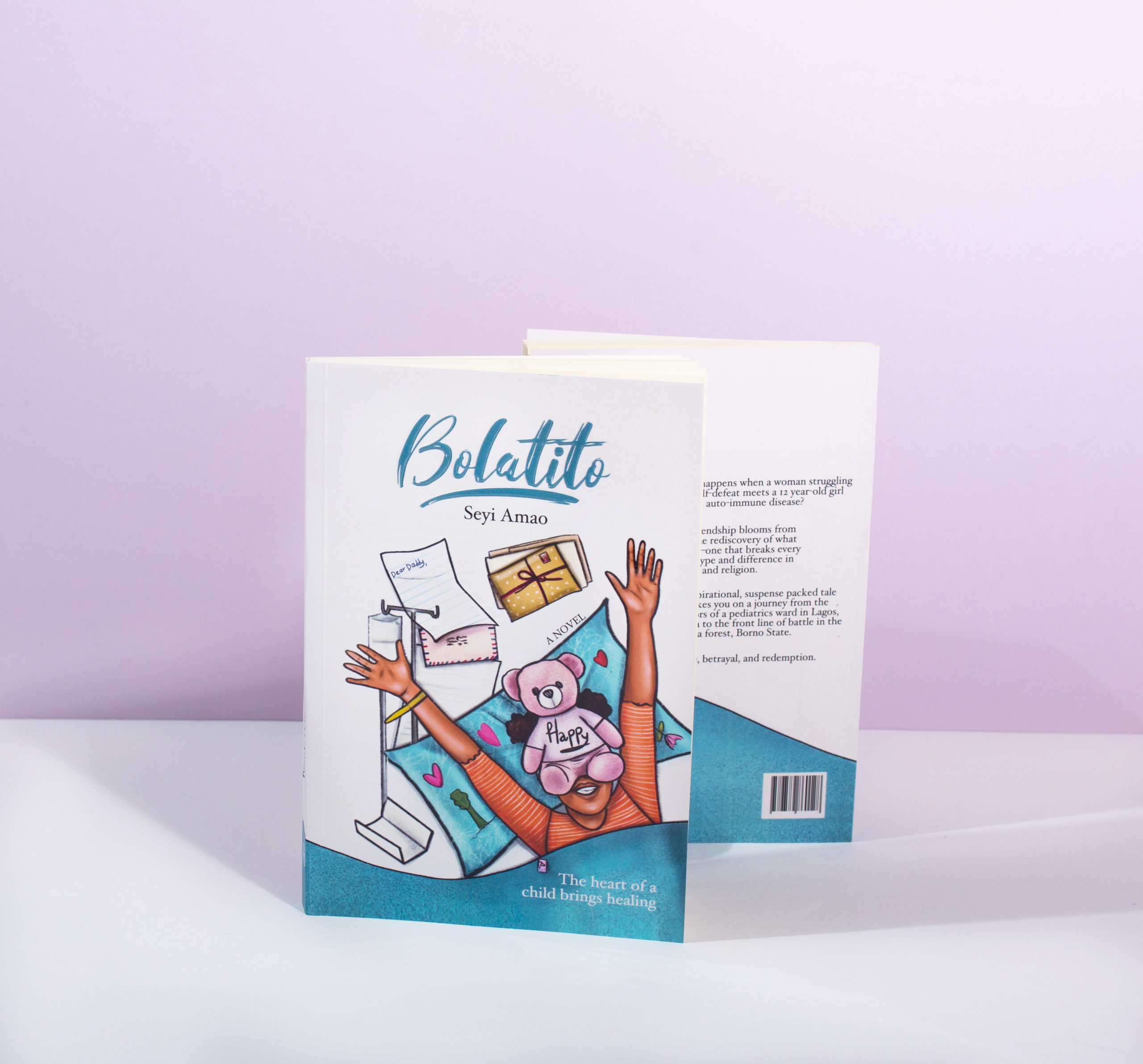Features
BN Book Review: Bolatito by Seyi Amao | Review by The BookLady NG

The theme of love is inexhaustible; there are different dimensions to how it is depicted in fictional works over the years. In recent times, I have questioned it, through the eyes of Roy and Celestial in Tayari Jones’ The American Marriage. I have marveled at its audacity in the abominated affair between Hajiya Binta and Reza in Abubakar Ibrahim Adam’s Season of Crimson Blossom. I have even had my heart gutted in the unforgettable characters of Sira and Kaodini in Chimeka Garrick’s A Broken People’s Playlist. However, the kind of love and its many forms vividly represented in Bolatito is soothing, shattering, and at the same time heart-warming.
You can tell I’m having a book hangover and it will probably take me forever to get over this profound story. That is how powerful and strong the themes and message in this book wields. The eponymous hero is a victim of circumstance, fate and a society that is insensitive to the plights of women dealing with infertility. I have been trying to wrap my head around how devastating it must have been for Bolatito to witness how her once loving husband transitions to a monster that joins the society in drilling in her pain of not being about to bear her kind. It must also be heart-wrenching to be a recipient of unsolicited prayers and remarks from distant relatives at occasions. Even worst when the church—a supposed place of succour joins the wagon with their spiteful counsels.
Bolatito is a heavy book. I’m so grateful and glad to be taking a break from hardcore literary fictional works set in unfamiliar dystopia, historic worlds. I love how more relatable contemporary issues that affect us are making appearances in African fictional pieces now. Polycystic Ovary Syndrome (PCOS), a condition that causes infertility, has probably never been a subject matter in a book in this clan. Learning more about the challenges and varied symptoms could not have been more germane.
In Bolatito, Seyi Amao did not hold back on her quest to make her characters find joy despite the sorrows and trials of life. This clear message of hope in spite of the many tragedies in the book holds sway from start to finish. There were moments I had my heart in my throat as the life and travails of men of the armed forces at Sambisa forest were made apparent through the ordeal of Azuka and Usman. I feel these male characters have known too many pains in life but couldn’t own up because “men don’t cry,” according to societal constructs.
If you are dealing with grief, trying to conceive, growling with disappointment, and asking why bad stuff happen to good people in life, then Bolatito and Ifunnaya’s trajectory in this book will resonate closely. Seyi Amao’s attempt to portray these painful realities of life is emotive and unforgettable. I do not expect less as the author admits to dealing with PCOS too – a health condition that affects one in ten women of childbearing age.
The narrative in Amao’s debut swings between past and present as we get to unravel deeper possibilities for how the story will end. However, nothing will prepare you for the unexpected twist in the concluding part of the book. Oh, I love the handwritten letters exchange between father and daughter. The sincerity and sweetness of such beautiful, age-long way of communication.
I am left wondering if the ineptitude that characterises the Nigerian Postal service was intentionally not captured. Does NIPOST deliver to Sambisa forest? These very few irregularities in the story are well compensated with the author’s simple and not too flowery language. I guess this is to keep the focus on the core message of the book.
The beauty of this book lays in its bold and familiar characters. As a reader, you will most likely see yourself in at least one of them. In the end, Bolatito will mend your heart, move you with compassion, wrap you up with hope and make you seek to approach life with the innocence and wonder of a child.





















